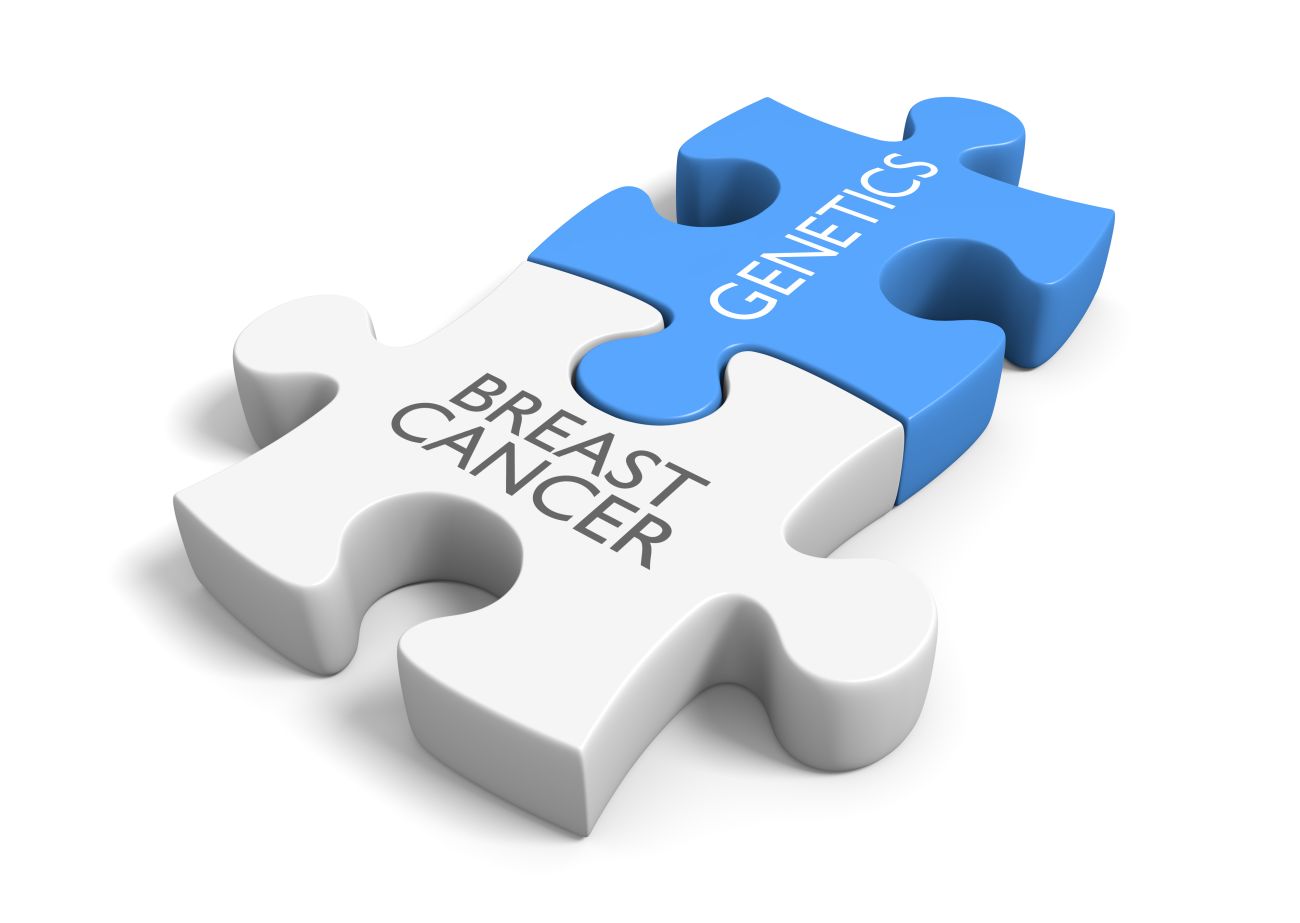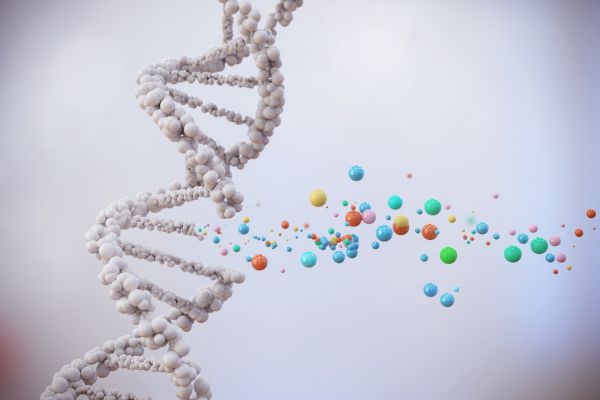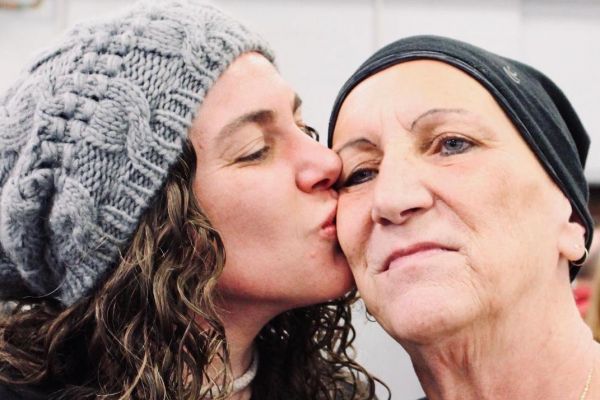Can genetic testing determine breast cancer? It’s a question being asked more frequently, especially in New York State where close to 16,800 women and 160 men are diagnosed with breast cancer annually.
Genetics, the scientific study of heredity, can predict a lot about an individual’s future health. In addition to observable traits such as eye and hair color, genetics carry information about potential health and disease. If cancer runs in a family, there may be an inherited factor (a gene change) that increases the risk of younger generations in that family developing cancer.
“Looking at family genetics can be an important component in determining cancer risk in terms of a young person who has a strong family history of breast cancer or other cancers,” says Mariola Poss, MD, FACS, a board-certified and fellowship-trained breast surgical oncology specialist at Breast Care of Western New York, located in Williamsville.
As a specialist working within the Roswell Park Care Network, Dr. Poss helps patients access comprehensive cancer care services that have been developed with the expertise of Roswell Park’s world-renowned physicians.
“The sooner someone knows that they're at an increased risk for getting specific cancers throughout their lifetime, the sooner we can put them on a surveillance program. Catching something early is always our goal,” she says.
Assessing risk for breast cancer using genetic testing is a process that examines a person’s DNA, the building blocks that contain the codes used to build the human body and keep it functioning. Gene mutations or particular changes in the DNA can increase risks of developing certain cancers. “When the BRCA gene, also known as the breast cancer gene, is mutated, we will see increased risk for developing breast cancer,” says Dr. Poss.
Genetic testing is a non-invasive procedure, using a blood draw or a saliva sample. “Before we run any tests, we recommend our patients meet with a genetic counselor, someone who is specially trained in this type of science, who will evaluate the extent of testing required depending on a person's individual history, as well as family history. Sometimes five or 10 genes need to be assessed and sometimes we’ll test more than 80 genes, depending on the individual’s history.”
Knowing your family history is always helpful. “We usually try to get a patient’s history back three generations when assessing overall risk. Whenever there's breast cancer in the family, having that history is helpful in determining next steps.”
Dr. Poss stresses that genetic testing is a highly individual decision. “Ultimately each patient has to live with their information and be okay with knowing it. For some people, having that type of specific information brings comfort, but for others, it can lead to anxiety.”
For women who are considered at average risk, Dr. Poss recommends annual mammograms starting at age 40 as well as annual clinical breast exams with gynecologists or primary care physicians. For women who are at a higher risk, screening before the age of 40 may be recommended, based on individual risk factors. If patients are concerned about their risk, they can be evaluated at Breast Care of Western New York with a risk assessment.
Are you at risk?
Find out your family’s cancer history suggests that you should consider genetic screening.
Learn moreOverall, Dr. Poss encourages women to become as familiar as they can with their breasts and their cycles. “It’s important to remember that everyone’s normal is different. Doing a self-breast exam during the same time of your menstrual cycle monthly is a good a way to become familiar with what your breast tissue feels like. Your normal may not be the same as someone else's and getting familiar with your normal is important so that if anything ever feels different, and is persistent, you will notice the change.” Dr. Poss recommends patients contact their doctor for professional evaluation when a change is noticed.
Genetic testing may be a helpful part of breast health risk assessment, but in general Dr. Poss advises young women take the time to stay familiar with their breast health. “We want to make sure women are seeing their gynecologists on a yearly basis and being proactive. If something doesn't seem quite right, that’s the time to get evaluated. If people are able to provide their family history, that's great, but if not, we can utilize the information we have to make the best plans for each person.”




